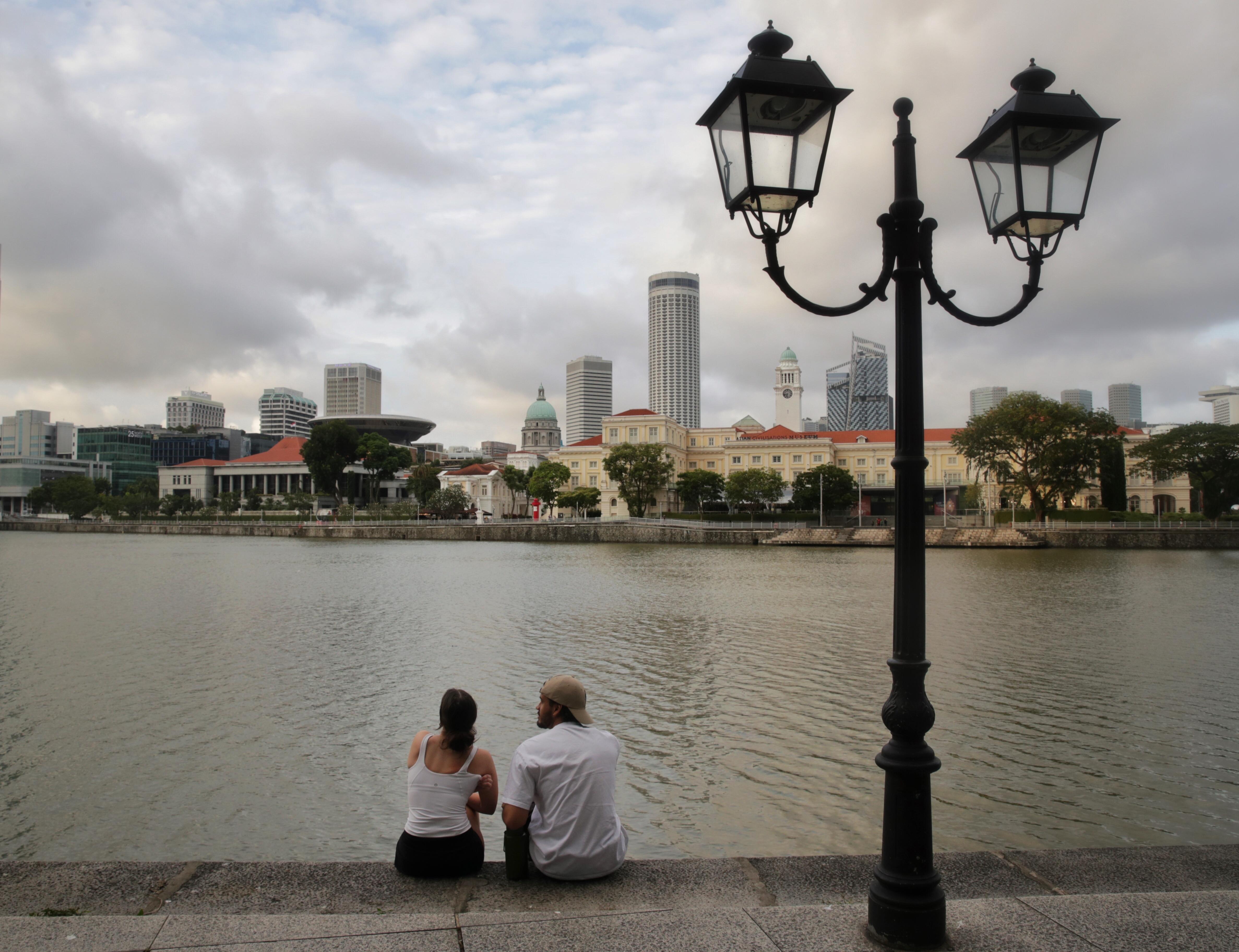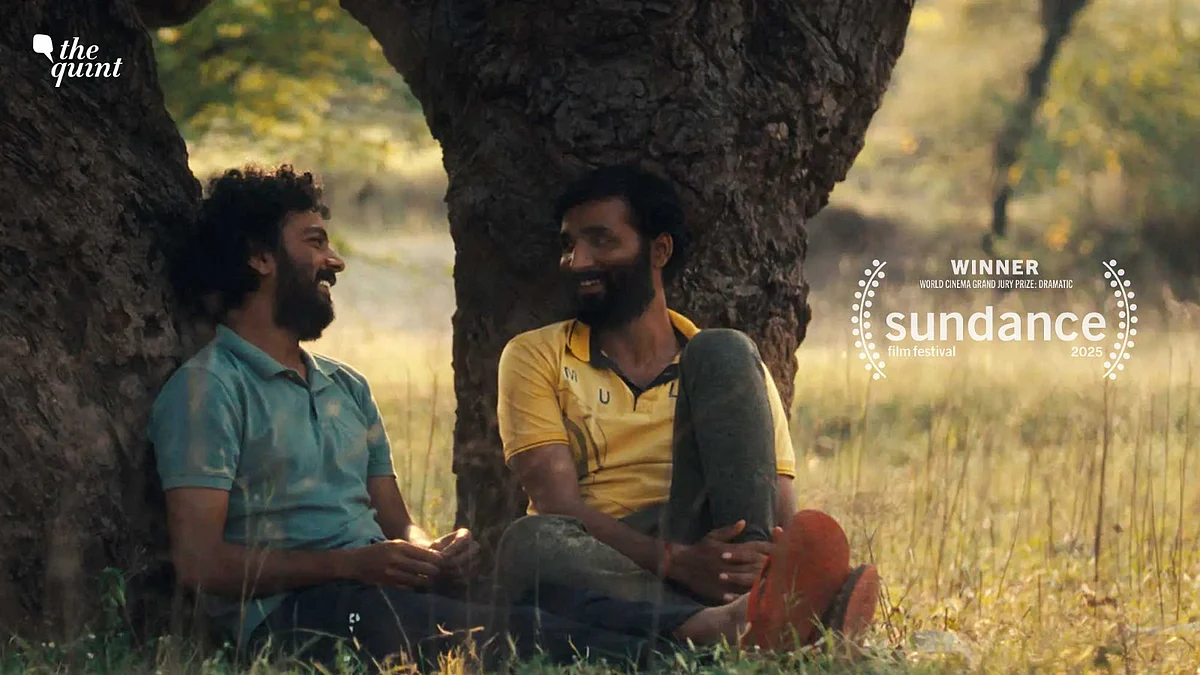By Ben Chester Cheong for The Straits Times
Copyright tnp

At rush hour, the MRT is packed with professionals rushing between work and home, phones in hand. Amid busy lives, those who still hope to build families often struggle with a simple question: Where can they realistically meet someone new?
The time may be right to consider a bold new step: government-supported matchmaking initiatives to help singles who wish to form lasting relationships.
Singapore has always been pragmatic in addressing emerging social challenges. When market solutions couldn’t fully meet parents’ demands for affordable, high-quality early childhood education, the Government stepped in decisively.
The Ministry of Education (MOE) now operates 53 kindergartens with plans to expand to 57 in 2025.
The lesson is clear: when markets cannot fully meet a fundamental social need, government support can plug the gap. In the same spirit, it may be worth considering how government initiatives could help mature singles build meaningful connections, alongside community and private efforts.
Statistics paint a stark picture. In the Government’s 2021 Marriage and Parenthood Survey, 50 per cent of single respondents aged 21 to 45 were not currently dating then, and, of these, 38 per cent had never dated before.
The top reasons cited were having a limited social circle (58 per cent), not having many opportunities to meet potential partners (57 per cent), and a preference to leave dating to chance (48 per cent). Other reasons included focusing on work or studies, or finding it difficult to form romantic relationships.
Many of these people are not society’s failures, but rather its successes: professionals who devoted their 20s and early 30s to building careers, individuals who remained deeply embedded in family structures reflecting Asian values, or those who found themselves in small professional circles with limited social opportunities.
These are educated individuals who have simply “missed the boat” in their earlier years.
Unlike their younger counterparts, these individuals do not need lectures about marriage or procreation. They want companionship, partnership and emotional fulfilment.
Apps such as Coffee Meets Bagel, Tinder, Bumble and Hinge have provided one route, and many couples have indeed found success through them. But they are not enough on their own.
For some, swiping through profiles feels superficial or transactional, while large commercial events can seem high-pressure and impersonal.
Meanwhile, workplace romance has become increasingly problematic in our politically sensitive work environments.
What’s needed is something that’s never been attempted: a systematic relationship infrastructure for working adults.
Can the Government roll out some programmes to make this possible?
Building on existing efforts
It is important to acknowledge what already exists. Singapore is not starting from zero.
The Social Development Network (SDN), formerly the Social Development Unit, has for decades supported initiatives to help singles meet.
Over the years, it shifted from organising activities itself to accrediting dating agencies, funding private initiatives and providing subsidies for social events.
Many couples have met through SDN-supported programmes.
In 2023, however, SDN quietly wound down its direct matchmaking role, shutting its website and pivoting to focus on broader support – such as raising industry standards and equipping singles with relationship skills.
The People’s Association and its network of Community Clubs offer a wide range of courses and programmes – from cooking, to dance, to wellness – that contribute significantly to community life.
These efforts play an important role in supporting social interaction and strengthening bonds across society.
What is missing is a bridge between a narrow focus on dating and activities that serve the broader community: structured but low-pressure spaces where singles can come together regularly for meaningful civic and social engagement, in the course of which relationships can form.
This cannot be left to market forces.
A new ‘third place’
Sociologists use the term “third place” to describe social settings outside of home and work where people gather and form bonds.
In many countries, cafes, civic clubs and town squares fill this role. In Singapore, malls and foodcourts provide lively spaces, but they rarely foster sustained interaction.
Schools and universities once offered such spaces for the young, and Active Ageing Centres now provide them for seniors.
For working adults in their 30s and 40s, however, the middle ground remains thin.
This gap presents an opportunity for innovation. If we can align relationship formation with broader national priorities such as social cohesion, well-being and resilience, then we not only help individuals, but also strengthen Singapore as a whole.
This is where the Government can step in.
Consider programmes where singles take part in civic projects such as neighbourhood greening, sustainability initiatives or intergenerational volunteering. These are not “dating events in disguise”, but genuine community activities where bonds develop naturally through shared purpose.
Over time, friendships and, in some cases, relationships may emerge. This mirrors how relationships form during project work in school.
Globally, we see examples that point in this direction.
Japan has experimented with government-sponsored mixers and community volunteering in response to declining marriage and fertility. South Korea has piloted programmes connecting singles through cultural and social activities. European cities have invested in civic hubs that double as places for connection.
Singapore need not copy wholesale, but these examples highlight the potential of moving beyond apps and agencies towards community-based engagement.
Participation must, of course, be voluntary. Not everyone aspires to marriage or family life, and that choice must be respected. Nor should such programmes replace apps or commercial offerings.
Instead, they should complement them, systematically broadening the menu of options available to singles looking for relationships, while contributing to community life.
Just as MOE pre-schools demonstrated that the Government could enhance rather than replace private sector offerings, a well-designed relationship support programme could show that the Government can thoughtfully support the formation of personal relationships, without compromising individual autonomy.



